By Patrick Pierson.
Back in November, Barbara Walter shared a powerful post on the potential for another mass atrocity in Burundi. Since then, an ongoing debate has surfaced as to whether or not the violence in Burundi is headed towards genocide (some say yes, others no). While this debate may possess a certain degree of merit, I would like to suggest that it is the wrong question to be asking at present. Here’s a few reasons why.
First, as noted by Valentino’s (2005) look at ‘mass killings,’ many of the 20th century’s deadliest conflicts were not conducted primarily along ethnic or national lines. While this certainly does not diminish the horrors committed on the basis of such distinctions, it does suggest that an expanded purview – which evaluates the broader context of mass violence in its varied forms – is needed. Just a few short years later, Davenport (2007) highlighted our relative lack of understanding when it comes to motivations and methods for state repression. Taken together, this suggests that a) answering the ‘genocide question’ may be less important than understanding the broader ‘political violence’ question and b) we don’t fully understand the political violence question, especially with regard to state repression. In the words of Davenport, “To better comprehend repressive action and the factors that lead to it…we must adopt a much broader conception of relevant behaviors and then bring them all together.” This is key for understanding the current climate in Burundi.
A peaceful resolution of the current crisis – and meaningful steps forward – depend less on clear definitional distinctions and more on understanding the causes of mass violence and potential interventions. This, however, may prove more complex than we’d like.
Valentino and others argue that leaders order mass killings as a strategic consideration when they perceive an existential threat to their control. With military defections and Rwandan support for Burundian rebel groups aplenty, Nkurunziza has reasons to be fearful. Despite these threats, he clearly sees something to be gained from remaining in power. The recent revelation that Nkurunziza (an avid soccer fan with his own team) shunned a generous job offer from FIFA this past year is suggestive – he clearly sees something to be gained from remaining at the helm; what remains unknown is whether or not he views mass violence as an instrumental means for consolidating control. Notably, FIFA’s extension of a ‘golden parachute’ puts Nkurunziza in the company of Syria’s Assad and Yemen’s Saleh, each of whom were offered their own versions of graceful exits. And while Assad has maintained his intransigence, Saleh’s initial flight to the UAE belies the enormous amount of support and influence he maintains in Yemen. In short, if the ongoing conflicts in Syria and Yemen are any indication, Nkurunziza’s obstinacy doesn’t bode well for the situation in Burundi.
But leaders alone don’t determine the level of violence. Civil society and other non-state actors play key roles in fomenting – or curbing – conflict. Longman’s (2011) analysis of the Rwandan genocide points to the importance of the Church in determining levels of violence. Fujii (2008) argues for the importance of social ties and local social context in explaining why and how normal people came to participate in mass atrocities in Rwanda; for example, local ties of friendship often served as a mediating variable that lead killers to protect Tutsis in specific contexts. Braun (2016) finds that membership in a minority group results in greater willingness – and increased functional capacity – for intervention to protect threatened neighbors. In addition, Chenoweth and Stephan (2008) have demonstrated the enormous potential for achieving lasting change via non-violent civil resistance. If anything, these studies should encourage us to recognize the agency of non-state actors and their potential for promoting peace and providing collective security. Time may be better spent furthering this body of knowledge rather than focusing on whether or not the violence in Burundi is deserving of the genocide label.
Finally, as noted recently by Marie Berry, the ‘politics of naming’ is not neutral. In her words, “…the politicized process of ‘naming’ [genocides] has allowed human-rights discourse to provide cover for political agendas and obscure the fact that…the distinction between war, counter-insurgency, and genocide is blurred.” This often results in a ‘hierarchy of victims,’ with the political and moral salience associated with genocide effectively relegating other forms of suffering to a more tolerable realm of injustice. Take, for example, the horrific stories shared by the 250,000 Burundian refugees – and counting – currently taking shelter in neighboring Tanzania (additional sources suggest this number is a gross underestimation). For these individuals and families, uprooted from home and running for their lives, the genocide distinction is meaningless.
In sum, whether or not current activities undertaken by the Nkurunziza regime in Burundi are ‘genocidal’ mask a more pressing question for scholars and practitioners alike; namely, a more robust understanding of the processes which lead to political violence – and, more specifically, state repression – in addition to meaningful interventions and potential ways forward. Furthermore, answering the ‘genocide question’ may actually serve to delegitimize the current atrocities and unconsciously encourage the international community to ignore the plight of hundreds of thousands of Burundians. As such, let’s start focusing less on the genocide question and more on how to address the suffering of a nation. Because at the end of the day the suffering in Burundi is undebatable, and that’s what matters most.
Patrick Pierson is an MA student at the Josef Korbel School of International Studies at the University of Denver.

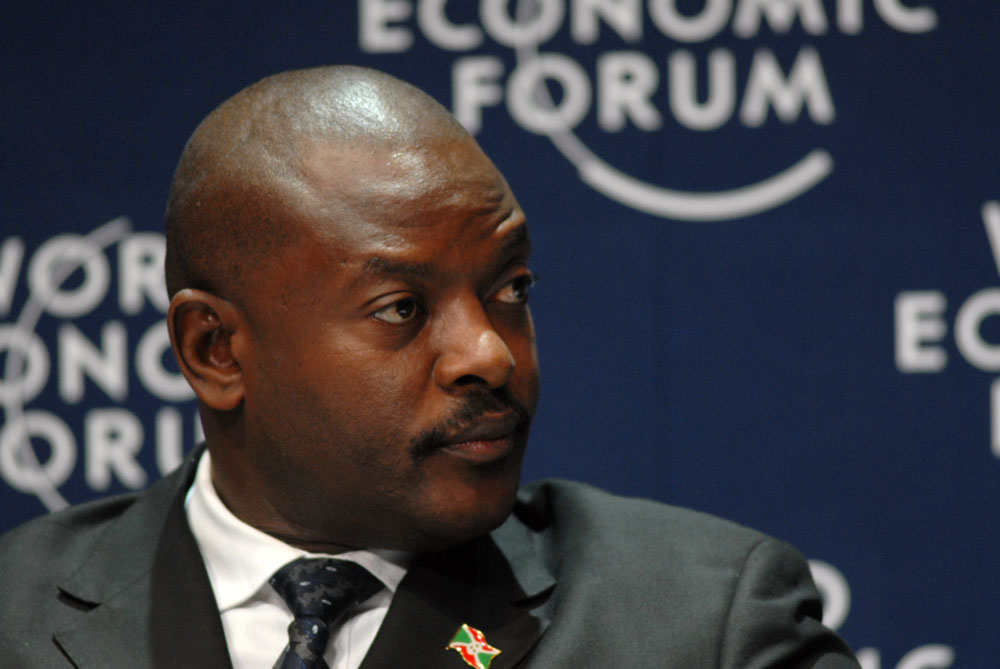
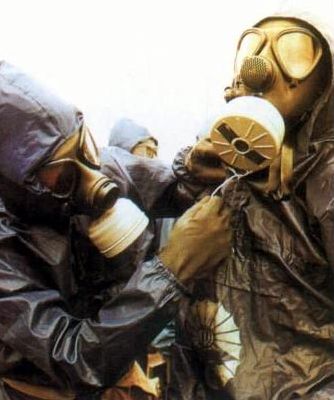

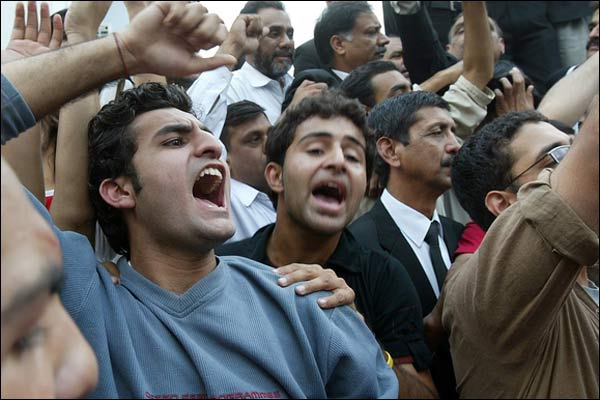

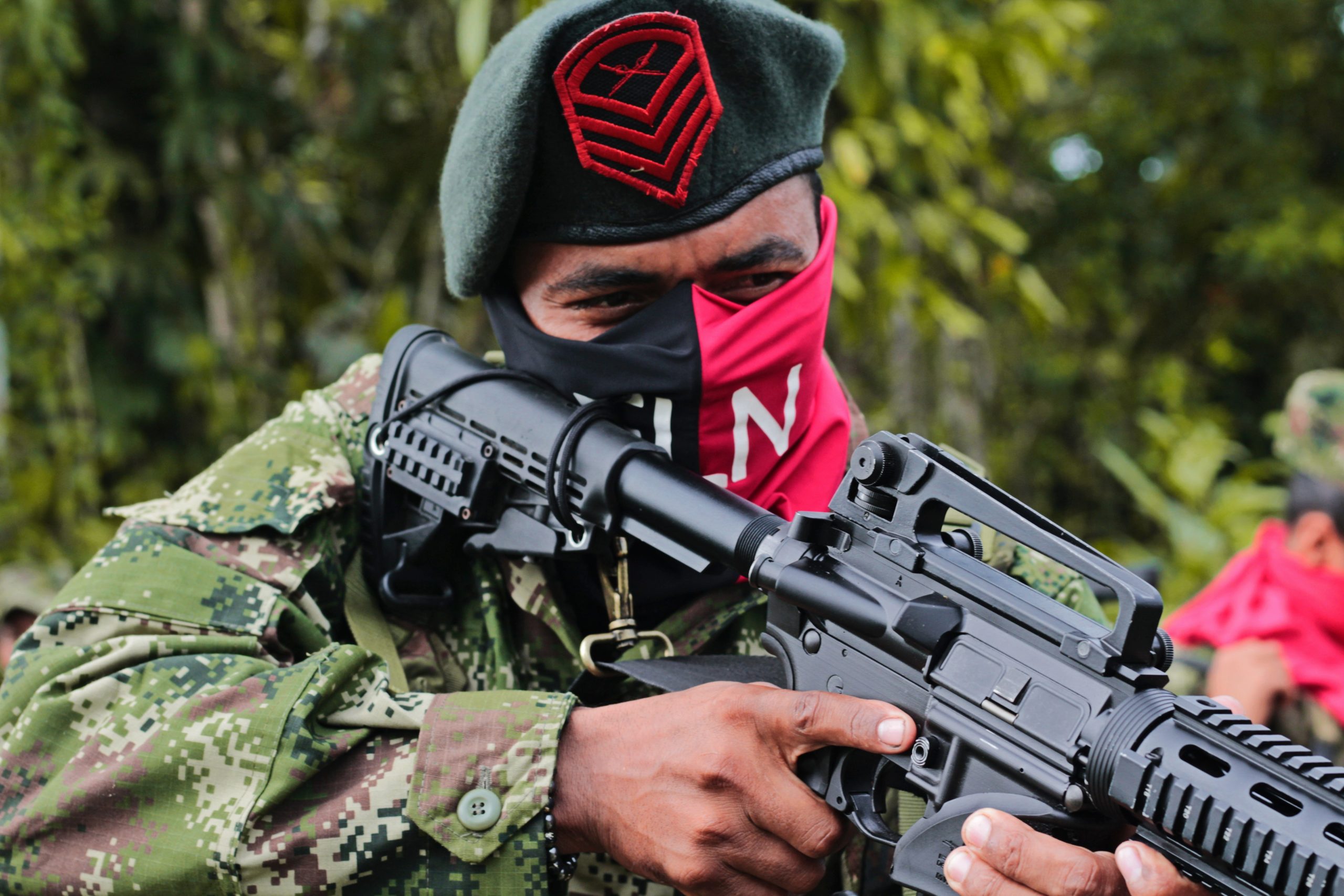
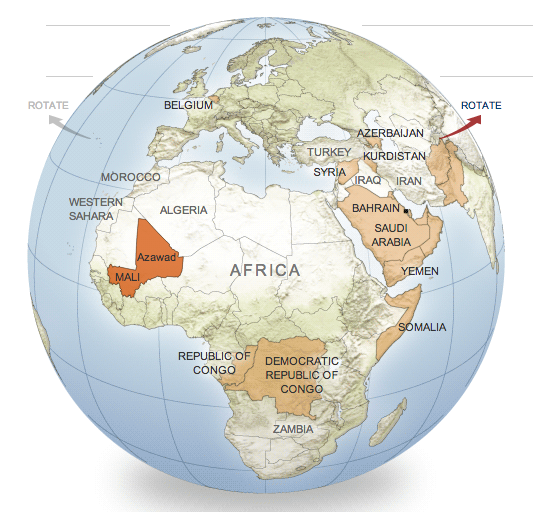
1 comment